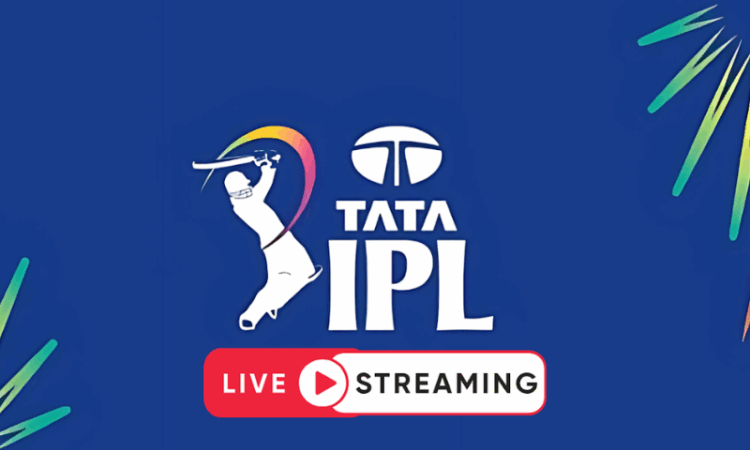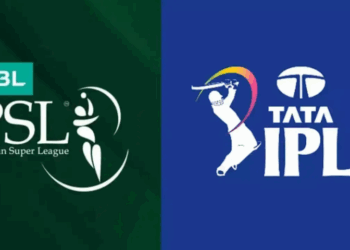Islamabad, May 4, 2025: The Government of Pakistan has officially banned the live streaming of the Indian Premier League (IPL) within its territory, in a retaliatory move following India’s recent prohibition on broadcasting the Pakistan Super League (PSL) after the Pahalgam incident.
Digital platforms and streaming apps across Pakistan were directed to immediately halt IPL coverage, according to a formal notice issued to local service providers.
“In accordance with the instructions of the Government of Pakistan, IPL matches will cease to be streamed within the country,” read the notification.
The ban marks a deepening of diplomatic and media hostilities between the two nuclear-armed neighbours and adds to the growing list of punitive measures taken by both sides.
Tensions escalated on April 22, when a deadly shooting at a tourist site in Pahalgam, Indian-occupied Kashmir, claimed 26 lives. India quickly blamed Pakistan for the incident without presenting evidence, triggering a wave of retaliatory steps including the suspension of the Indus Waters Treaty and an outright ban on PSL broadcasts across India.
FanCode, India’s leading sports streaming platform and the exclusive digital broadcaster of PSL 10, abruptly cut the transmission of PSL matches and removed all related content from its platform after India’s directive.
In response, the Pakistan Cricket Board (PCB), under government orders, expelled 23 Indian media personnel covering PSL 10 in Pakistan and announced a complete severance of digital and broadcast ties with Indian platforms for future tournaments.
The rift quickly widened into other sectors. Pakistan’s National Security Committee convened an emergency session following India’s aggressive actions.
The ban on IPL streaming is now being seen as a symbolic yet pointed measure in this chain of retaliations.
Government sources said Islamabad had “no choice but to respond in kind” after India’s unilateral moves. Analysts say the ongoing tit-for-tat measures reflect a broader breakdown in diplomatic communication.
Observers note that while cricket has historically served as a cultural bridge between the two nations, it is now increasingly becoming collateral damage in geopolitical disputes.
With no signs of de-escalation, fans on both sides of the border are left disheartened, as sports and entertainment fall prey to regional tensions. International stakeholders continue to urge restraint, dialogue, and the depoliticization of cultural exchanges.







